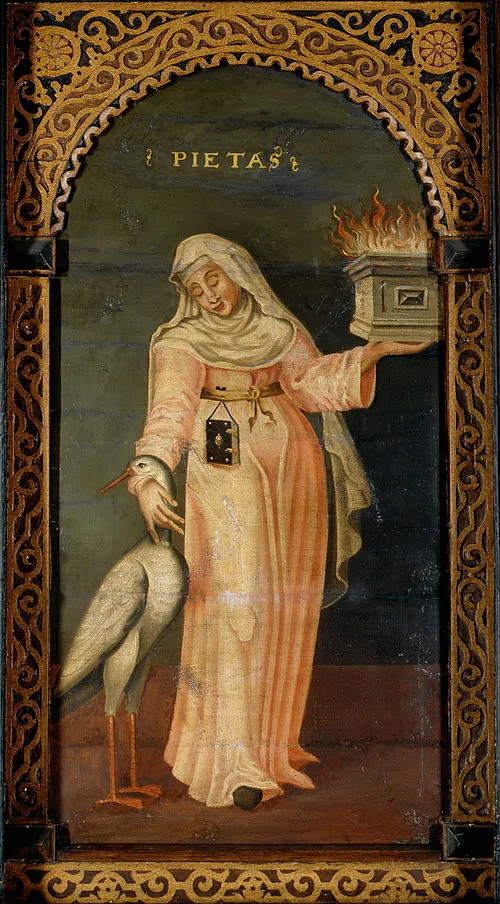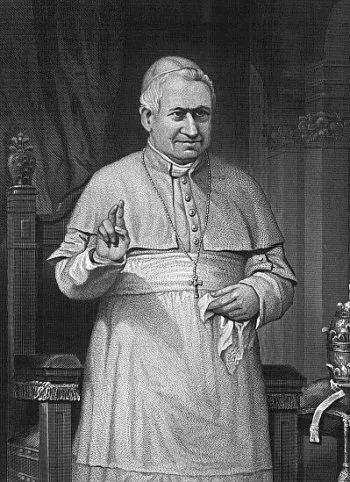
John Wycliffe: The Morning Star of the Reformation
John Wycliffe (circa 1320-1384) is often referred to as the "Morning Star of the Reformation" due to his early efforts to challenge the authority of the Catholic Church and advocate for reforms that would later influence the Protestant Reformation. Wycliffe was a scholar, theologian, and translator, best known for his translation of the Bible into English, which made Scripture accessible to the common people.
Wycliffe's Early Life and Education
Born in Yorkshire, England, Wycliffe was educated at Oxford University where he became a prominent scholar. His academic pursuits and growing discontent with the church’s practices led him to question its teachings and authority. He argued that the church had strayed from the original teachings of Christ, emphasizing the importance of personal faith over institutional dogma.
Theological Beliefs and Critiques
Wycliffe’s theological stance was revolutionary for his time. He believed that the Bible should be the sole authority for Christians and that church leaders should not wield unchecked power over believers. Central to his teachings was the assertion that salvation comes through faith alone, a concept that would later become a cornerstone of Protestantism.
The English Bible Translation
Perhaps Wycliffe’s most significant contribution was his translation of the Bible into English. His translation, completed in the late 14th century, was one of the first of its kind and allowed laypeople to engage with Scripture directly. This act of translating the Bible represented a direct challenge to the Catholic Church, which maintained that only clergy had the right to interpret Scripture. Wycliffe’s work laid the groundwork for future translations and is celebrated for its boldness and impact.
Legacy and Influence
Although Wycliffe faced considerable opposition during his lifetime, his ideas survived and continued to spread after his death. The followers of Wycliffe, known as the Lollards, spread his teachings across England, advocating for reform and the translation of religious texts into the vernacular. These efforts contributed to the growing dissatisfaction with the Catholic Church that would erupt into the Protestant Reformation in the 16th century.
Wycliffe's Impact on the Episcopal Church
The Episcopal Church in the USA embraces the legacy of John Wycliffe, recognizing his commitment to education, scripture, and reform in the Christian faith. Wycliffe's emphasis on accessibility of the Bible and the importance of individual faith resonates with the values promoted within the Episcopal community. Moreover, his contributions remind modern Christians of the significance of questioning and understanding their faith.
Conclusion
John Wycliffe's life and work serve as a pivotal moment in the history of Christianity, symbolizing the shift towards accessible scripture and calling for fundamental reforms within the church. His legacy endures in the teachings and practices of contemporary Christianity, particularly within denominations like the Episcopal Church that value scripture and reform.






